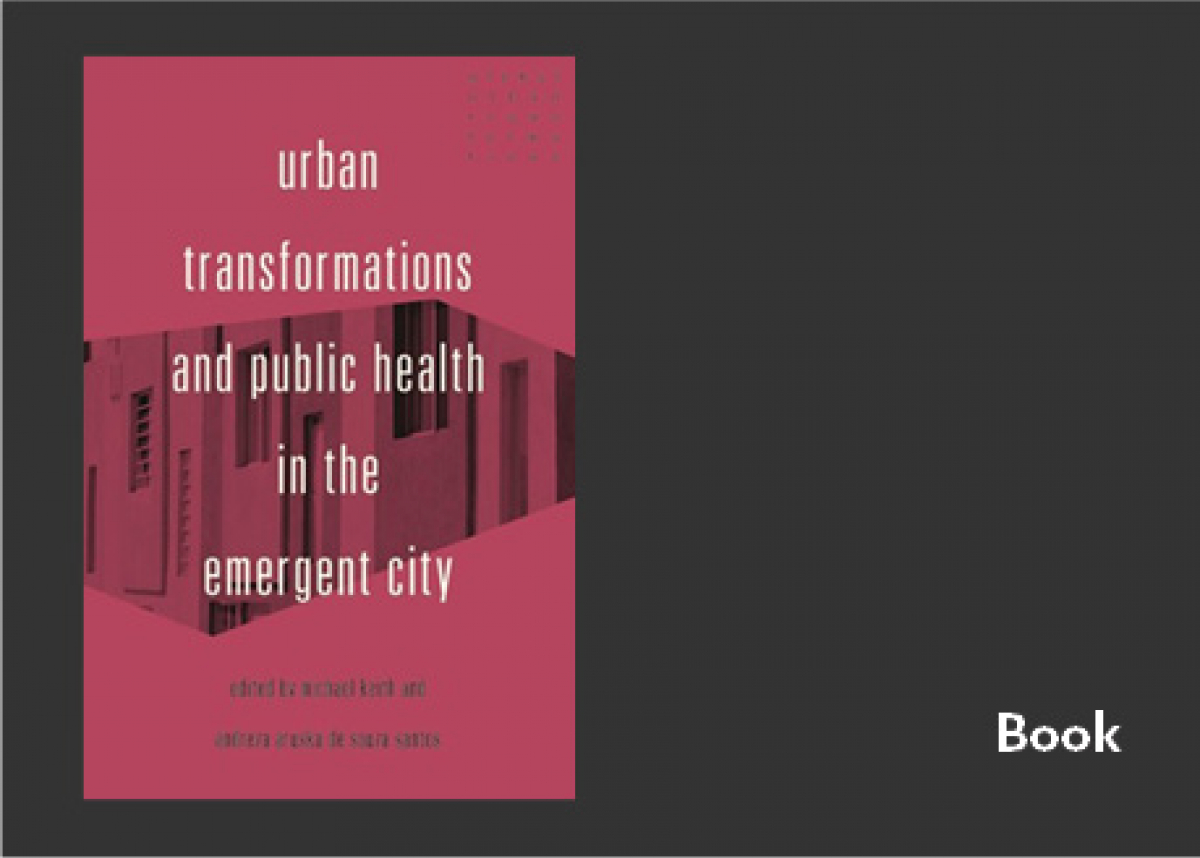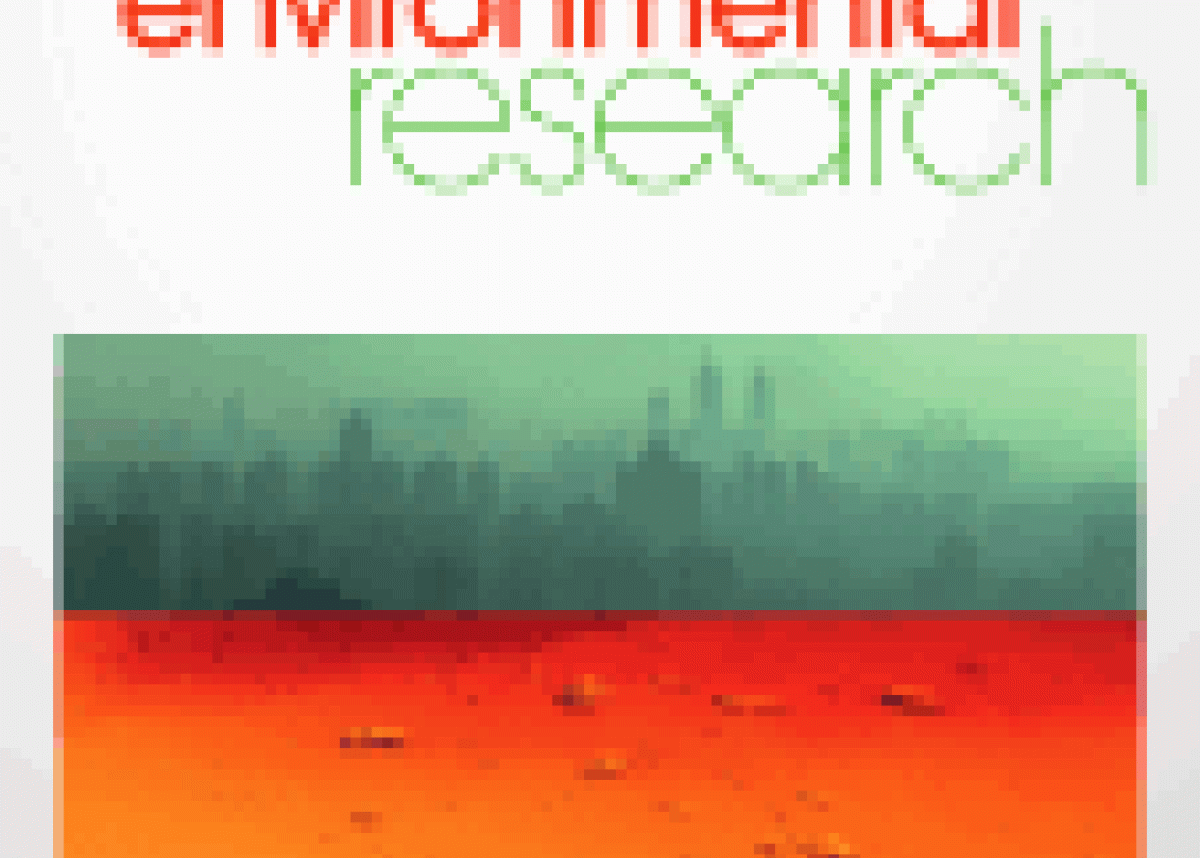
The need for clean air: The way air pollution and climate change affect allergic rhinitis and asthma
Air pollution and climate change have a significant impact on human health and well‐being and contribute to the onset and aggravation of allergic rhinitis and asthma among other chronic respiratory diseases.
In Westernized countries, households have experienced a process of increasing insulation and individuals tend to spend most of their time indoors. These sequelae implicate a high exposure to indoor allergens (house dust mites, pets, molds, etc), tobacco smoke, and other pollutants, which have an impact on respiratory health.
Outdoor air pollution derived from traffic and other human activities not only has a direct negative effect on human health but also enhances the allergenicity of some plants and contributes to global warming. Climate change modifies the availability and distribution of plant‐ and fungal‐derived allergens and increases the frequency of extreme climate events.
This review summarizes the effects of indoor air pollution, outdoor air pollution, and subsequent climate change on asthma and allergic rhinitis in children and adults and addresses the policy adjustments and lifestyle changes required to mitigate their deleterious effects.
